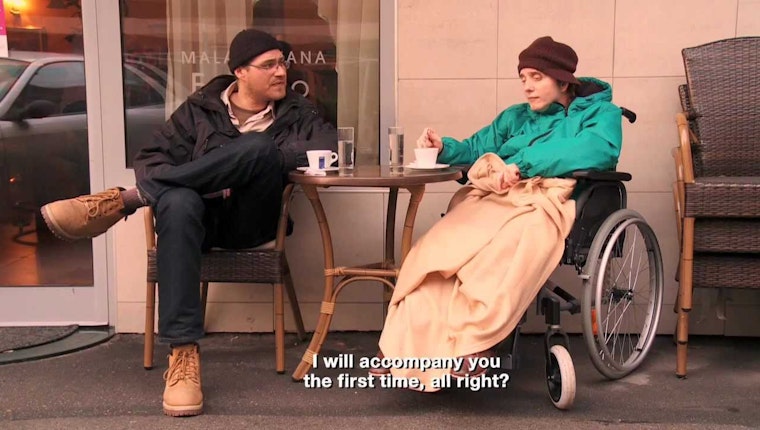A New Day: From the Institution to the Community in Zagreb
By Judith Klein

Instead of being confined to residential institutions that deprive them of any control over their lives, people with disabilities in Zagreb, Croatia, can now live as independently as possible while receiving individualized support.
In many parts of the world people with intellectual or psychosocial disabilities who also have physical disabilities are sent to institutions in huge numbers, leaving them completely socially excluded from their communities. This happens for two main reasons: There is widespread and intense societal prejudice against them because of the way they look, and their physical environments do not accommodate their disabilities.
But the Open Society Foundations and the Association for Promoting Inclusion, with financing from the Ministry of Social Policy and Youth, have established a community home in Zagreb that is “universally designed,” so that people with a wide range of functional limitations may live as independently as possible while receiving the support they need. Universal design is not just about adapting a space for someone with a physical disability—it’s about making that space accessible to all people, including young children and the elderly, and everyone in between.
It’s worth noting that developing a universally designed home is no more expensive than any other community home. The additional cost is the assistive technology, like decent wheelchairs and lifts. But these are critical investments. And while having a physical space that is adapted is very important, equally vital to success is how support is provided to residents. The staff at the community home demonstrate best practices in providing person-centered, individualized services that support residents to deal with the challenges of everyday life. The staff have empathy and understanding for their clients—but they never pity anyone. Although they are trained to work with people who have disabilities, they interact with them as they would with anyone else, including maintaining expectations about the residents’ potential to become increasingly independent.
This person-centered, individualized service provision is the way all community-based services should look. There is no “us and them.” People are treated as equals, and recognized as individuals.
This is the model of a new day. This is community for all.
Until March 2019, Judith Klein was a senior adviser to the Open Society Public Health Program.


